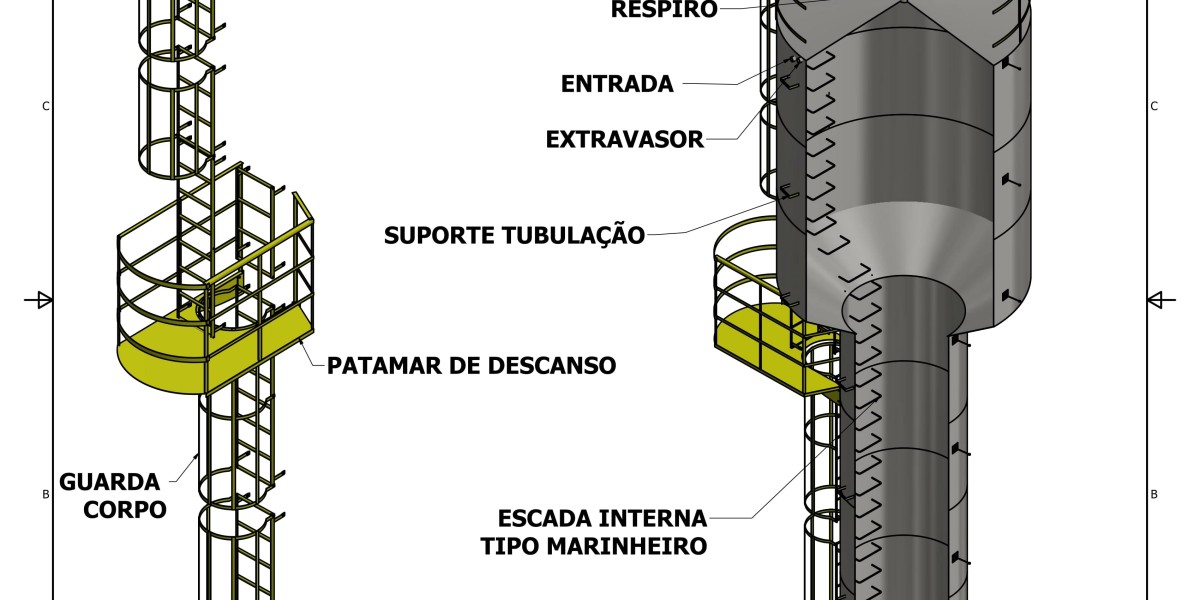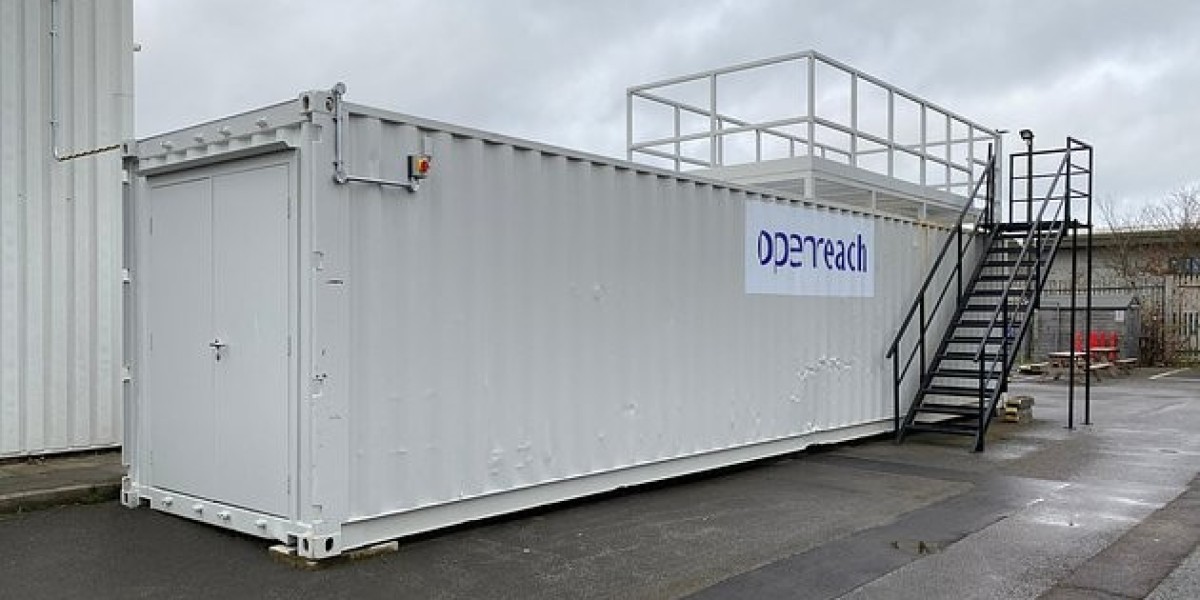 Landlords must have their gas pipework and appliances examined by certified experts to ensure that they are safe. The annual checks are called CP12 certificates.
Landlords must have their gas pipework and appliances examined by certified experts to ensure that they are safe. The annual checks are called CP12 certificates.CORGI Proforma 12, also known as CP12 was the official UK Gas Inspection Document up to April 2009. Landlords are required to keep copies of their CP12 certificate for two years to be inspected.
What is a CP12?
A landlord's mk Gas safety safety cp12 certificate is an official document issued by an Gas Safe registered Engineer that certifies that all gas appliances and installations inside the property have been examined. It is a requirement in the UK for landlords to give this certificate. This is to ensure the safety and health of their tenants. Landlords are accountable for arranging and keeping up-to-date with CP12 gas inspections, maintaining their gas systems in good condition and providing the CP12 documents to their tenants within 28 days of each inspection.
The CP12 is the abbreviation for CORGI Proforma 12 which was the official title of the document from 1991 until April 2009. In April of that year, the Council for Registered Gas Installers (CORGI) was replaced by Gas Safe Register. As a result, the CP12 was referred to as the Landlord Gas Safety Certificate.
A CP12 will also include the name of the engineer who performed the checkup and any immediate safety precautions that are required. The location of every gas appliance is recorded along with the results of any tests carried out on flues, ventilation and other essential information.
It is important that landlords have a CP12, because tenants can complain about landlords under section 21 of the 1954 Landlord and Tenant Act. In some instances this could result in fines or even eviction.
Gas appliances that are not working properly can create carbon monoxide, a colourless and odourless gas that can be fatal when inhaled. Filter obstructions can prevent harmful gases from leaving the building safely, resulting in an additional fire risk. The CP12 also gives landlords the chance to inform tenants about any risks that could be present in a property.
While it is a requirement by law to have a CP12 but the process can be a bit daunting for landlords. Luckily, there are services that can help make the process simpler. Klipboard, for example, lets landlords schedule annual gas inspections, and also receive reminders about when to renew. These services can save landlords both time and money while ensuring they're up to date on their CP12s.
Who is responsible for the checkup?
As a landlord, you have to provide a secure place to reside for your tenants. this means ensuring that all gas appliances are up to standards. It is crucial to have CP12 inspections every year, and to provide copies of these certificates immediately after your tenants move in. If a landlord fails to provide a valid CP12 can be fined, or even sent to jail.
A CP12 document is created by a qualified gas engineer who checks all the gas pipework, appliances, and flues in your home. The CP12 will contain the details of the engineer as well as the location of each appliance and its description. The CP12 will also have an expiry date. After it expires it is necessary to book another appointment with a reputable gas safe engineer to get it renewed.
It's also worth noting that the CP12 can only be produced by engineers who are registered with the Gas Safe Register. The document is part the building safety laws, which are governed by the Health and Safety Executive.
Landlords are legally obliged to conduct the CP12 check on their properties as soon as they rent them out. They must also keep records of this and provide their current or new tenants with copies of the certificate. Failure to comply with this requirement could result in penalties or even jail time for the landlord.
The responsibilities of landlords differ depending on how the property is used, but there are some fundamental rules that everyone has to abide by. This includes ensuring that the gas system and all appliances are safe for tenants to use, ensuring that they are up to date with repairs and maintenance, and providing any necessary documentation when selling or moving out of a property.
If you suspect that your landlord hasn't been able to meet their legal obligations with regard to safety in the building, it's worth politely bringing this up with them. It's possible that they did not schedule an appointment for a CP12 appointment and by raising the issue, you'll give them the chance to do so before they face any penalties. If they continue not to comply with the laws you could file a complaint with HSE as an act of harm to public health.
What is included in the checkup?
The CP12 is a vital tool to protect your tenants from the risks of carbon monoxide poisoning. It is legally required in the UK for landlords, so display it prominently. Also, you should give an exemplar to each tenant. This will show that you care about the safety of your tenants, and take proactive steps to maintain property standards.
A CP12 report contains information about the gas appliances and pipework installed in your rental property. It should be completed by a qualified and registered Gas Safe engineer. It must include the following:
Description and location of gas appliances. The appliances that passed or failed an inspection. Name, registration number, and signature of the engineer. The date of the checkup.
The engineer must notify you of any equipment that is unsafe to use and give you the necessary remedial work. You must then make arrangements to have it repaired before the new CP12 is issued.
In addition to examining the appliances themselves In addition to checking the appliances, the CP12 will also examine any flues and exhaust systems in your property. This ensures they are working at the right pressure, are leak-free and that they operate safely. The test will also verify that the appliances are burning gas in a correct manner.
In addition to a written report of the inspection Along with a report of the inspection, your CP12 will include the dates on which future inspections are due. It is recommended to plan your next inspection to be scheduled 12 months after the last one. This will ensure that you have an up-to-date CP12 and will avoid any delays in the process of distributing new certificates to your tenants.
A CP12 must be kept by a landlord in a file for a minimum of two years. You must provide an original copy of the CP12 to your tenant at the time of their move-in, and you must issue an updated CP12 following each inspection within 28 days.
Gas Safety (Installation and Use) Regulations require you to ensure that your properties rented to tenants are tested annually for gas appliances. If your tenant refuses to allow you access to their property to conduct these safety checks then you must write to them and explain that this is a legal requirement. You can be asking them to allow you access. If they do not agree, you can only disconnect the gas supply after having taken reasonable steps to gain access.
How can I get a CP12?
Getting the CP12 certificate in the UK is a straightforward process that requires locating an engineer who is Gas Safe registered to carry out a safety check on your property. There are many businesses in your area that provide CP12 inspections. A quick Google search will help you locate one. Once you've located an engineer, you can set an appointment for them to arrive and conduct the inspection.
Landlords are legally required be able to show a CP12 certificate in place prior to renting their properties. This is to ensure all gas appliances fittings, flues, and fittings function correctly and are safe. Gas safety regulations can lead to severe fines or even jail time in the event of non-compliance. A valid CP12 certificate provides landlords with the peace of mind they need to ensure their tenants are safe and they comply with the legal requirements.
The CP12 will provide information on whether or not the appliance has passed or failed the safety test. The CP12 will also contain any recommendations or repairs required to make the appliance safe. Landlords are required to respond within 28 days. They must also provide their tenants with a copy the CP12 certificate within 28 days of the inspection.
The Health and Safety Executive may fine a landlord if they do not have a CP12 on file. They will also lose the right to expel tenants under Section 21 of 1988 Housing Act. This makes it harder for landlords to rent out their properties, particularly if they are worried about security concerns.
While a CP12 is a legal requirement for landlords, some are reluctant to conduct an annual check. Many landlords use excuses such as not remembering, being busy or going on vacation. This poses a serious threat to the safety of tenants because carbon monoxide poisoning can be a hidden danger that can cause illness or even death.
 Landlords can avoid this by reminding tenants about the upcoming inspection. One option is to use tools for managing landlords like Klipboard which allows users to set reminders for service appointments, including CP12 renewals. These reminders can be sent via SMS, email, or on the mobile app, and can assist them in keeping track of their obligations to maintain their rental.
Landlords can avoid this by reminding tenants about the upcoming inspection. One option is to use tools for managing landlords like Klipboard which allows users to set reminders for service appointments, including CP12 renewals. These reminders can be sent via SMS, email, or on the mobile app, and can assist them in keeping track of their obligations to maintain their rental.





